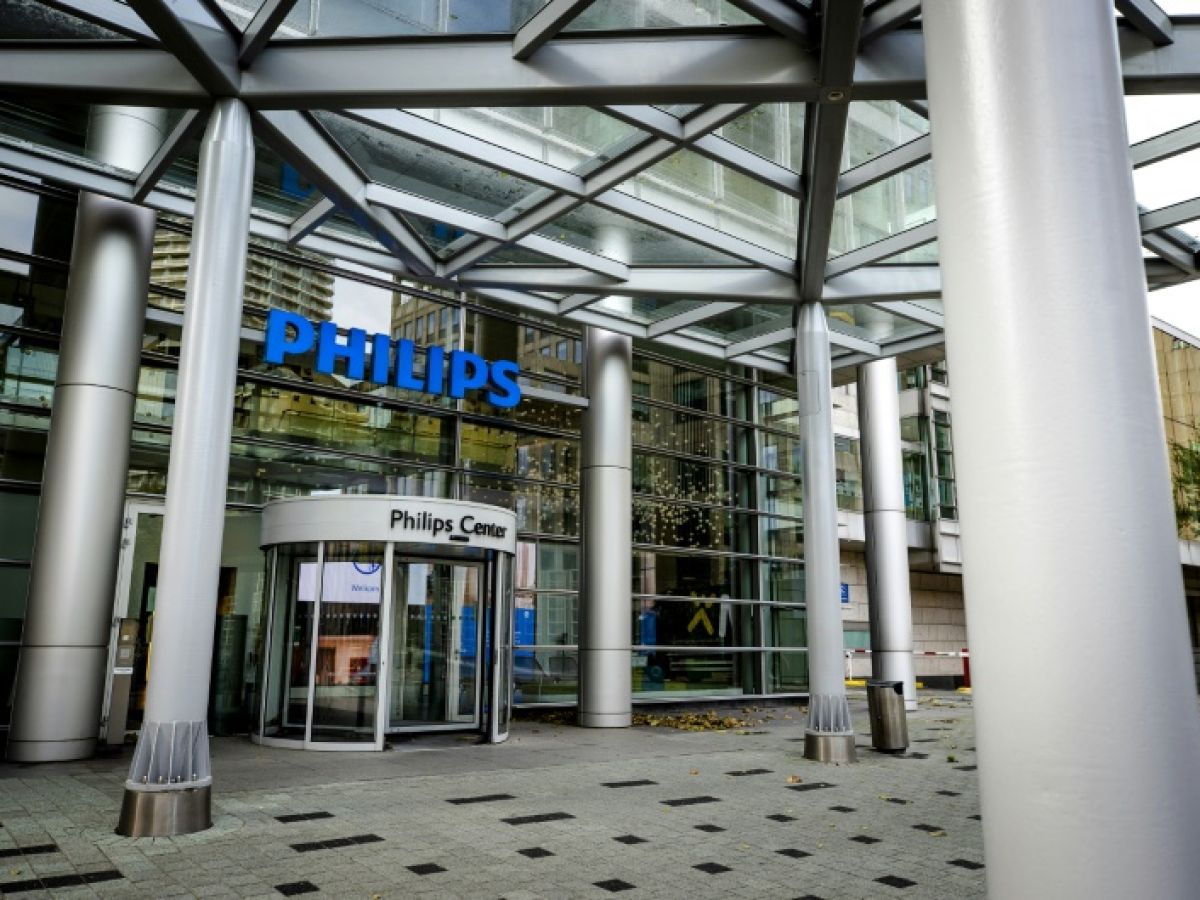Philips respirators can return to the French market after being criticized for potential health hazards. Health authorities announced this on Tuesday, assuring that no risk has been proven, but some patients are worried about a premature decision.
"We are allowing Philips to start equipping new patients again (because) we have obtained sufficient guarantees," Thierry Thomas, head of medical devices at the National Agency for the Safety of Medicines (ANSM), summarized to AFP.
The case of defective Philips respirators has been going on for several years. The Dutch giant announced in 2021 that some of these devices, particularly used in cases of sleep apnea, released particles that could cause multiple health problems, including, potentially, cancer.
Philips later retracted these statements, eventually reporting that the patients were not exposed to any hazardous substances.
But several countries, including France, have demanded the replacement of the faulty devices, used by some 350,000 patients in the country and 1.5 million across Europe.
This is now done. The group, which took a long time to replace the affected devices, has finally completed this task in France. As a result, the ANSM has authorized it to resume the sale of new devices, which has been interrupted for almost three years.
Asked by AFP, the group welcomed "an important step", reiterating its assertions that the studies carried out by it had ultimately demonstrated "no risk (...) to long-term health".
The French decision is, in fact, good news for Philips, which is best known for its household appliances but has resolutely turned towards the medical world with the acquisition of the Respironics group in the 2000s.
After suffering heavily on the stock market from the respirator affair, the Dutch company already reassured investors in spring 2024 by reaching an amicable financial agreement with patients in the United States.
But its respirators remain banned from sale on the American market for the time being, while they will be able to return to France, which does not present a health risk according to the drug agency.
"The risk is not proven, the risk is not supported, the risk is not confirmed," insisted Mr. Thomas. He recalled in particular that the scientific committee of the ANSM analyzed the data provided by Philips to conclude that there was no carcinogenic substance.
– “Pandora’s Box” –
The drug agency has always been cautious in its communication about Philips respirators, fearing that patients would suddenly stop using their respirators without talking to their doctor, even though the risks associated with sleep apnea are well established.
But this position is not very convincing to patient associations. Some fear that the health authorities will give Philips carte blanche too quickly by allowing it to return to the French market.
"The ANSM is reopening a Pandora's box: scientifically, everything is not finished, everything is not closed," Christian Trouchot, member of the French Federation of Respiratory Insufficiency Patients (FFAIR), told AFP.
He was particularly surprised that the agency allowed the return of Philips respirators but at the same time demanded that the group communicate the results of an ongoing study to determine whether, in real life, the use of the devices is associated with a greater risk of cancer.
However, this study, conducted in the United States, will not be completed until 2025.
"Let's suppose that the analyses are extremely negative for Philips: we will have sold this equipment for months," pointed out Mr. Trouchot, who, more broadly, regretted the silence of the Ministry of Health and accused the ANSM of "weakness" since it took up the case in 2022.
In his view, the Italian authorities, for example, were quicker to take legal action when Philips failed to replace its ventilators on time.
The drug agency stressed that it was the only European authority to take a "health policy" decision, i.e. a measure with legal value, to make Philips meet its obligations.
"The ANSM's action was to maintain maximum pressure on Philips with monthly monitoring," assured Mr. Thomas.
